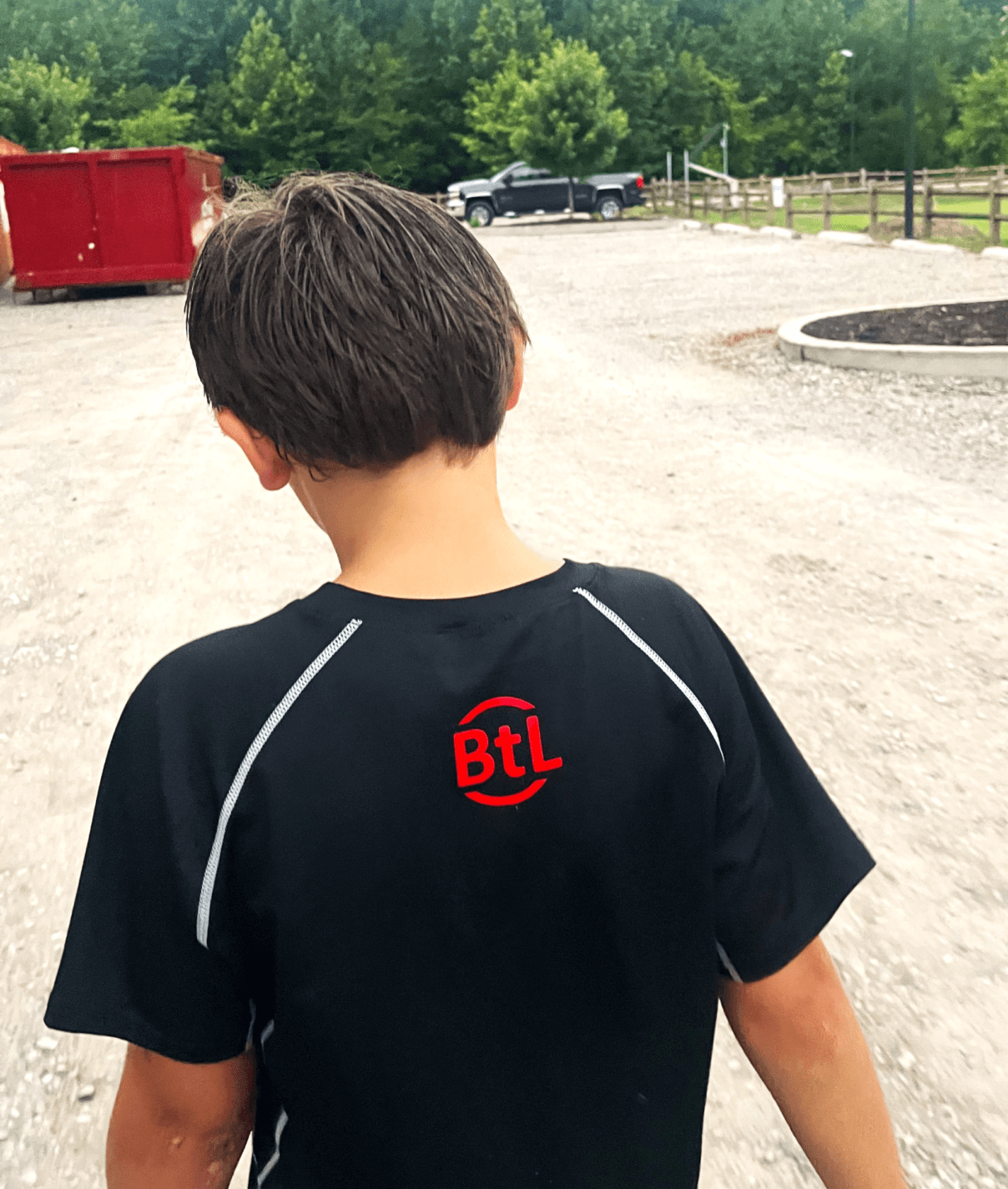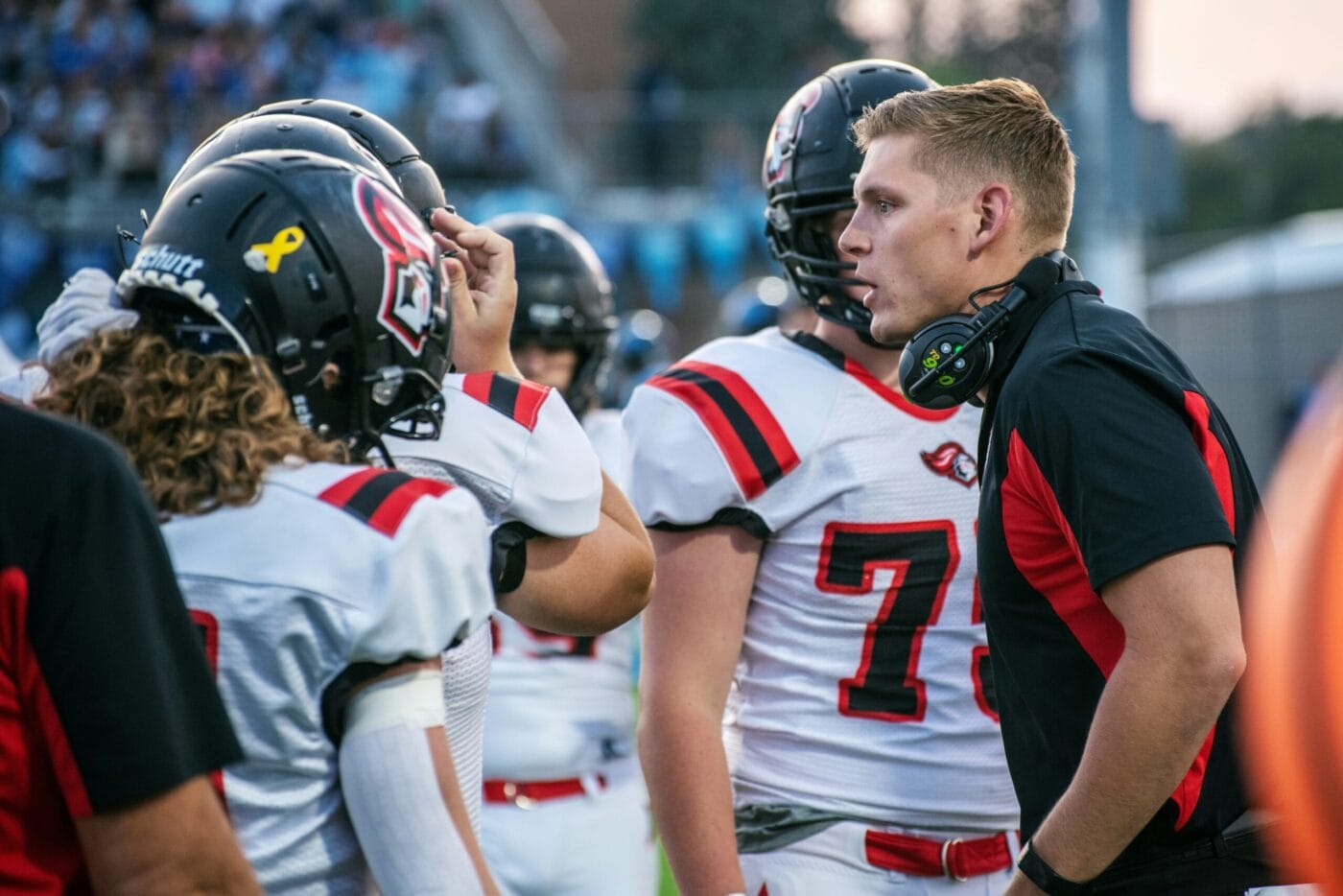The pressures facing young athletes, from youth to the elite levels, can have a dramatic impact on their mental health. Athletes dedicate an incredible amount of time to advancing their athletic skills while juggling day-to-day responsibilities. Unfortunately, this leaves little time to focus on strengthening their mental resilience.

Over the years, awareness of the connection between mental health and performance has grown. However, there is still much work to be done. As parents and coaches, we owe it to the next generation to adapt strategies that build physically AND mentally strong individuals.
Mental Health Challenges of Athletes
I am not a counselor or psychologist, but as a former athlete and a long-time youth coach, I’ve seen firsthand how the pressures of sports can impact mental well-being. Like many athletes, I faced challenges that impacted my mental health during my athletic career. In fact, data from the British Journal of Sports Medicine (2019) underscores the gravity of this issue, reporting that up to 35% of elite athletes and 25% of college athletes suffer from mental health disorders.
This is a problem that demands attention from athletes, parents, and coaches alike. Each has a role to play in shaping positive outcomes and supporting athletes’ ability to cope mentally in sports and beyond. The unfortunate reality is that young athletes can easily spiral into negative mental state and not understand how to pull themselves out. Additionally, the negative mental state can contribute to poor athletic performance, which only worsens the mental negativity, perpetuating a spiral.
Measuring Self-Worth as a Young Athlete
Many young athletes tie their self-worth to their athletic performance. Is this healthy? Absolutely not. But it is their reality. Our goal as coaches and parents is to help young athletes understand that their value as a person isn’t defined by their sport. Instead, the value of the sport is defined by how it helps them grow as a person.
We are not defined by our achievements in sports but by our thoughts and actions. Breaking the negative spiral involves teaching athletes to focus on the positive aspects of their performance and their growth as an individual and a teammate. It’s important to connect their actions as a person with their actions as a competitor. Showing them how these elements together define who they are.
Improving the Mental Health of Young Athletes
There is no quick fix for mental health challenges in young athletes. The key lies in guiding their thought processes to focus on the positives rather than trailing off into negativity. In my case, I was fortunate to have a mother who understood this intuitively. While she didn’t know much about the sports I played, which was a blessing in disguise, she provided me with something invaluable: her presence and understanding, not advice to improve my game.
No matter the time of night that I arrived home, my mother would sit and listen about the highs and lows from the night. These moments were very therapeutic for me. I was able to decompress and refocus on the positives instead of dwelling on the negatives. Her approach taught me the importance of listening and providing support without judgment.
My advice for coaches and parents is simple but powerful: pay attention to your athletes. Take the time to understand their personalities and how they process challenges. Yes, there are moments for tough love, but there are also moments when an athlete simply needs help clearing the negativity from their mind. They may not know how to do this on their own, and that’s where you come in.
Practical Steps for Parents and Coaches
- Listen First: Create an open environment where athletes feel comfortable sharing their struggles.
- Focus on Positives: Help them identify and celebrate their strengths, both on and off the field.
- Provide Perspective: Remind them that their worth extends far beyond their athletic performance.
- Be Present: Sometimes, your presence and willingness to listen can make all the difference.
- Encourage Balance: Support them in finding time for activities outside of sports to foster a well-rounded sense of self.
Young athletes face unique challenges, but with the right support from parents and coaches, they can learn to thrive both mentally and physically. By focusing on their growth as individuals first and athletes second, we can help build a generation of strong, resilient, and confident adults—both on and off the field.
This is the first in a series of article addressing the pressures and mental health of young athletes. Be sure to subscribe to receive each newsletter directly in your inbox.
Subscribe to our email list to get our content direct to your inbox!
Follow us on Facebook, Twitter, Instagram and TikTok
To learn more about Ball to Life and our mission, click here.

